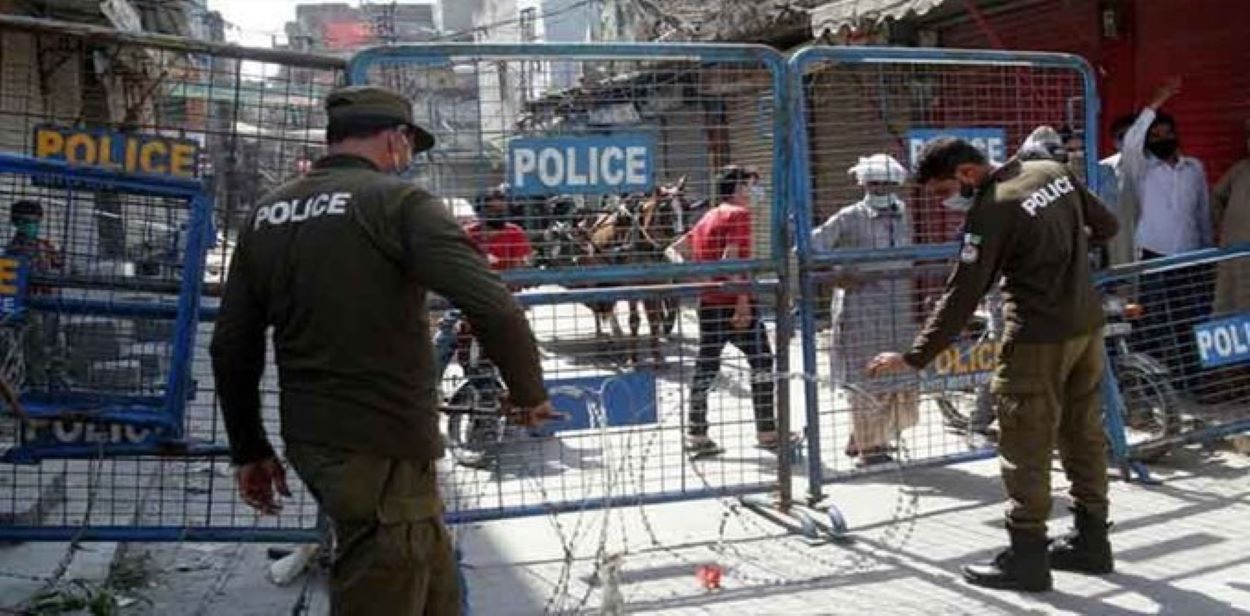The Punjab government has implemented Section 144 across the province, prohibiting all public gatherings, protests, rallies, and sit-ins for three days.
The ban, effective from Saturday, November 23, to Monday, November 25, follows a Cabinet Committee recommendation addressing security concerns.
This precautionary measure is in response to the Pakistan Tehreek-e-Insaf (PTI)’s planned November 24 protest. PTI, led by the incarcerated Imran Khan, has organized demonstrations nationwide to protest alleged electoral fraud, the detention of its members, and the controversial 26th Constitutional Amendment, calling the event “do-or-die.”
The Punjab government has stationed Rangers in critical districts such as Rawalpindi, Attock, and Jhelum to bolster security. The Ministry of Interior has requested additional Rangers, with deployments beginning in Rawalpindi and Attock on November 22.
Similarly, Islamabad has enforced Section 144 for two months, restricting assemblies of over five people as it prepares for potential disruptions.
Over 10,700 police officers are on alert across Punjab, including specialized units equipped with riot control gear like tear gas and rubber bullets.
Meanwhile, Islamabad’s administration has sought 8,000 extra personnel from Punjab, Sindh, and Kashmir, with reinforcements expected by November 21. The city is heavily fortified, with Rangers and Frontier Corps units on the ground.
Authorities are on high alert and plan to take firm action against any disturbance. Islamabad police have prepared lists of individuals likely to instigate unrest.
The Islamabad High Court (IHC) has instructed that any protests must comply with legal standards, emphasizing the need to balance public safety and the right to peaceful assembly. The court has also encouraged dialogue between the government and PTI leaders to avoid confrontations.






